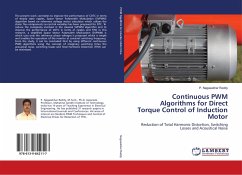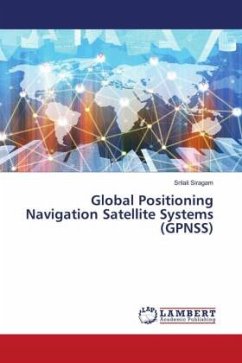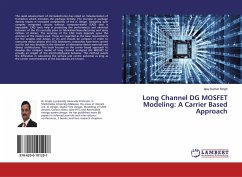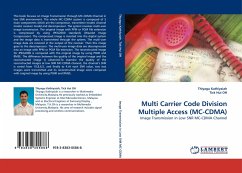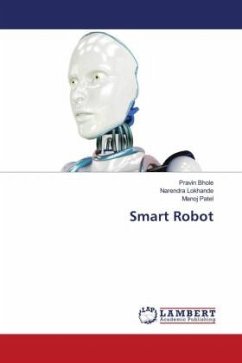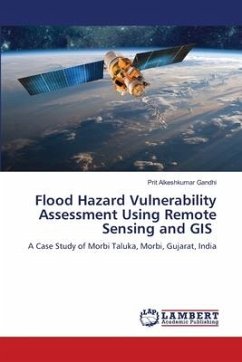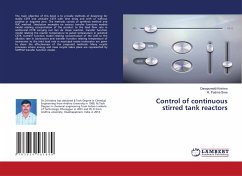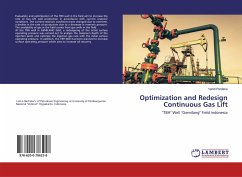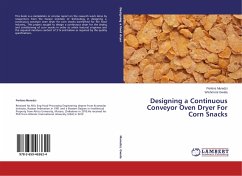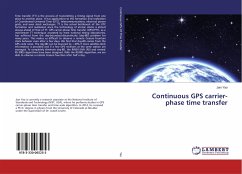
Continuous GPS carrier-phase time transfer
Versandkostenfrei!
Versandfertig in 6-10 Tagen
43,99 €
inkl. MwSt.

PAYBACK Punkte
22 °P sammeln!
Time transfer (TT) is the process of transmitting a timing signal from one place to another place. It has applications to the formation and realization of Coordinated Universal Time (UTC), telecommunications, electrical power grids, and even stock exchanges. TT is the actual bottleneck of the UTC formation and realization since the technology of atomic clocks is almost always ahead of that of TT. GPS carrier-phase time transfer (GPSCPTT), as a mainstream TT technique accepted by most national timing laboratories, has suffered from the day-boundary-discontinuity (day-BD) problem for many years....
Time transfer (TT) is the process of transmitting a timing signal from one place to another place. It has applications to the formation and realization of Coordinated Universal Time (UTC), telecommunications, electrical power grids, and even stock exchanges. TT is the actual bottleneck of the UTC formation and realization since the technology of atomic clocks is almost always ahead of that of TT. GPS carrier-phase time transfer (GPSCPTT), as a mainstream TT technique accepted by most national timing laboratories, has suffered from the day-boundary-discontinuity (day-BD) problem for many years. This makes us difficult to observe a remote Cesium fountain clock behavior even after a few days. We find that day-BD comes from the GPS code noise. The day-BD can be lowered by ~40% if more satellite-clock information is provided and if a few GPS receivers at the same station are averaged. To completely eliminate day-BD, the RINEX-Shift (RS) and revised RS (RRS) algorithms have been designed. With the RS/RRS algorithm, we are able to observe a remote Cesium fountain after half a day.



